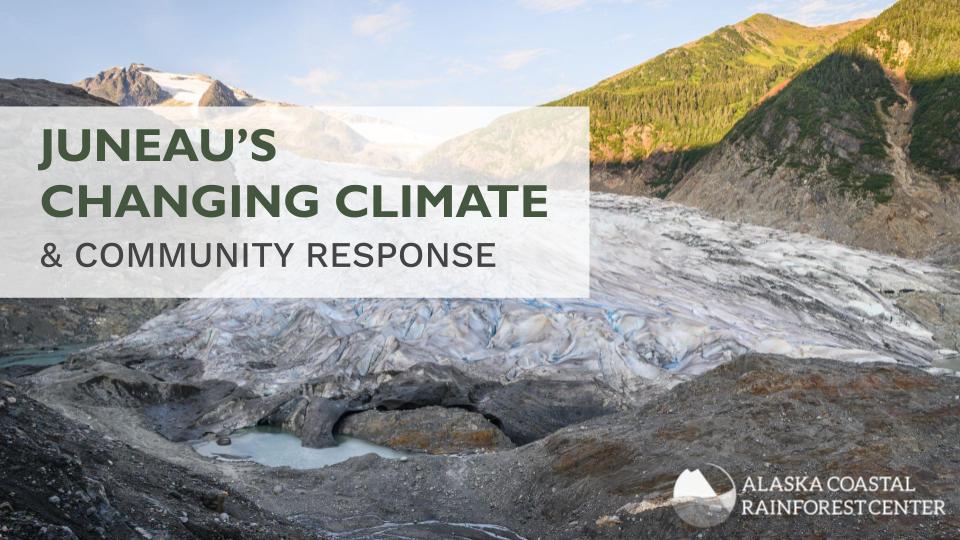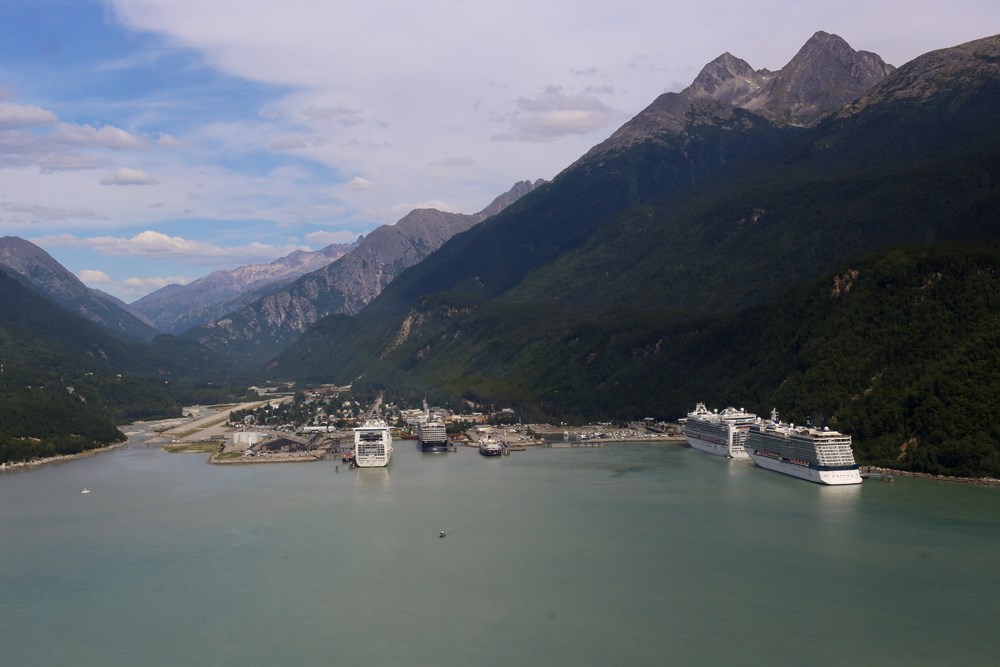Adaptive Governance
Uncertainty, complexity, and rapid change are the new norm confronting social-ecological systems. As northern rural and urban communities face new challenges, adaptive governance provides a collaborative pathway that integrates science policy in decision-making focused on inclusiveness, innovation, and stewardship.
Juneau Climate Change Report
In 2022, ACRC released a comprehensive report on the impacts and response to climate change in Juneau titled, Juneau’s Changing Climate and Community Response. From more frequent intense rainfall events to the response of local wildlife, the report features accessible information from twenty-three local experts, scientists, and managers on the historic impacts, expected trends, and community response to climate change in the City and Borough of Juneau.

Juneau COVID-19 Impacts
The impacts of COVID 19 on the community of Juneau have been dramatic and widespread. A collaborative case study funded by NSF focuses on several areas in real time, including local governance, healthcare systems, economics, tourism, and the Indigenous population.

SE Alaska COVID 19 Impacts
COVID 19 impacts on cruise ship tourism have drastically affected Southeast Alaska communities. A collaborative study funded in collaboration with the USFS Pacific NW Science Laboratory will study the impacts of small ship tourism and economic impacts in several communities in SE Alaska.

Climate Change: Urban multi-hazards
An interdisciplinary research team from UAA, UAS, and UAF is studying how Fairbanks, Anchorage, and Whitehorse are responding and adapting to wildfire, permafrost thaw, and rain-in-winter. Government officials and experts will be asked about how organizations are adapting in terms of planning and policy, communicating with the public, how science is being used, costs and risks, and potential interactions among the hazards. The results of the survey will be used to provide recommendations about reducing risk and barriers to effectively integrate scientific information into management decisions about these hazards.
